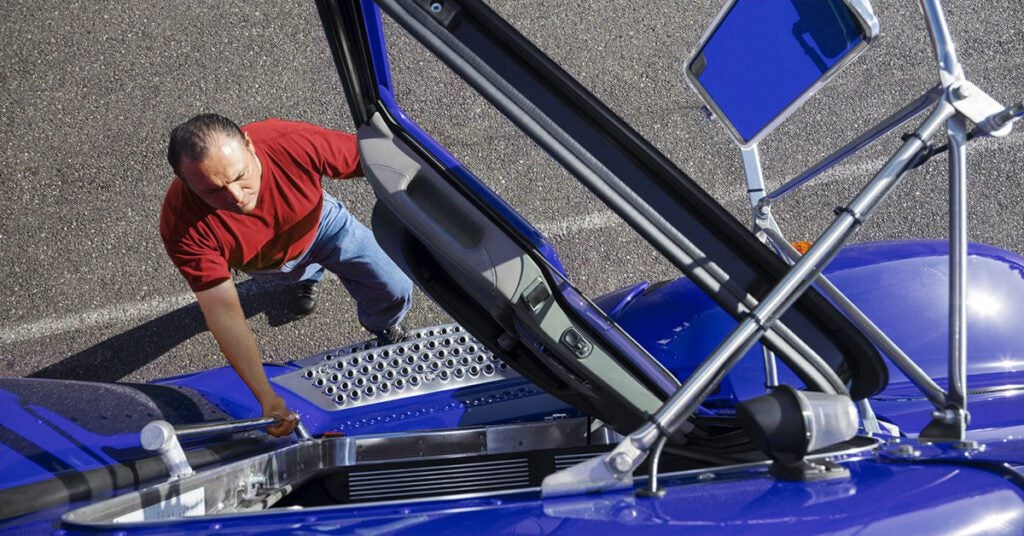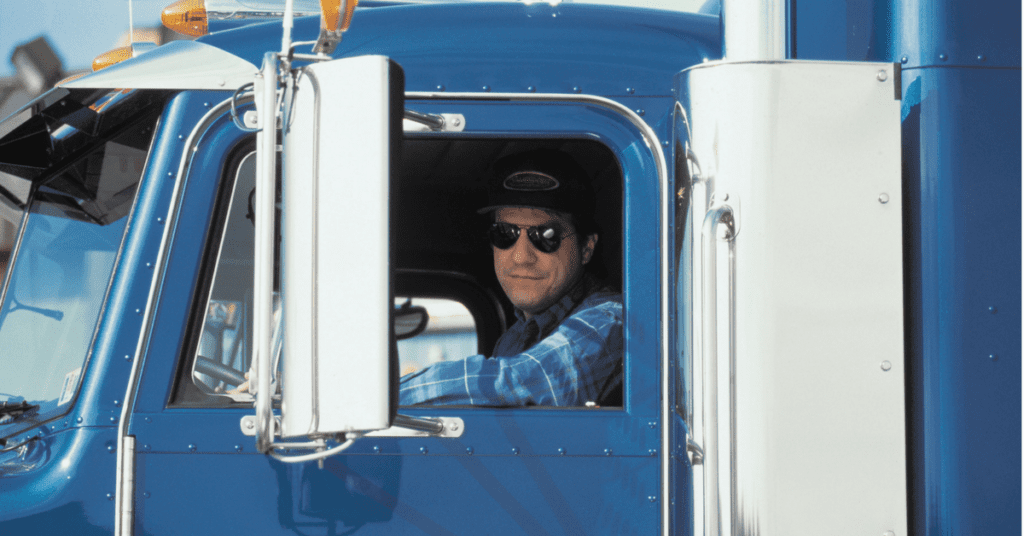
Liability insurance is one of the biggest fixed expenses facing any trucking company, so raising the minimum could have a huge impact, especially on owner-operators. Unlike the broker bond, which increased to $75,000 last year, the insurance minimum is tied to equipment. Carriers have to pay insurance premiums for each truck while brokers secure one bond to cover the entire business. Since 1985, for-hire interstate freight carriers have been required to have at least $750,000 in liability insurance. This week, we expected to see the FMCSA’s proposal for carrier liability insurance minimums, but the DOT will submit its recommendation on Sept. 29 instead. FMCSA is expected to publish its Notice of Proposed Rulemaking on Oct 22.
Up to now, the FMCSA hasn’t made known how high they plan to raise the minimum, but they reported in April that, if the minimum set in the ‘80s had kept pace with inflation, it would be $1.62 million today.
Crunching the Numbers
The Trucking Alliance, a lobbying group that includes seven mega-carriers, submitted a study earlier this year to convince the FMCSA to prioritize the issue. The study included 8,600 settlements for accidents occurring between 2005 and 2011. Only 1 percent of those claims were settled for more than $750,000. But according to the study, those settlements were so far above the minimum that they created an enormous uninsured liability.
The exceptional financial cost of those catastrophic crashes is tied to increased medical costs, which have far exceeded the rate of inflation. Had the minimum for carrier insurance kept pace with the medical consumer price index, it would be set at $3.2 million today, according to the FMCSA, but the same report says insurance premiums for motor carriers have remained stable since the ‘80s.
If minimums rise, premiums will rise, too. Both the Owner-Operator Independent Drivers Association and the American Trucking Association have criticized the study.
“Trial lawyers will see windfall payouts in the increases, and big trucking companies—who already use special exceptions in the law to avoid buying insurance on the open market—see an opportunity to drive up business costs and do away with their small-business competitors,” according to OOIDA executive vice president Todd Spencer.
ATA conducted its own study of data from two of the 10 largest trucking insurers, collected through the Insurance Services Office. While the Trucking Alliance report studied 8,600 settlements, the ATA study included almost ten times as many. Of the trucking companies included in the ATA study, 93.5 percent were already insured at $1 million or more. The study also concluded that there’s only a 1.4 percent chance of a claim exceeding $500,000, and a 0.73 percent chance of a claim more than $1 million. As an average, the cost of each crash is $11,229.
How Much Will It Cost?
After the FMCSA publishes a Notice of Proposed Rulemaking, a 60-day comment period will follow. If the proposal becomes law, it may not take effect until 2016, but should the requirements take effect, they could push small carriers out of the marketplace. Fleets of six or fewer trucks make up 86 percent of the trucking industry, and the increase in insurance premiums per truck that would follow an increase in the required minimum coverage could put many of these companies out of business.
DAT Solutions supports any measure that promotes safety without negatively impacting productivity. At this point in the process, the financial impact of increasing carrier liability insurance needs to include the reduced capacity such measures are likely to have.
What do you think? Is raising the insurance long overdue or an undue burden on small carriers? Let us know in the comments.


